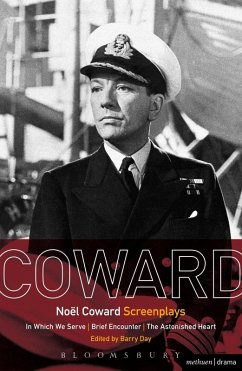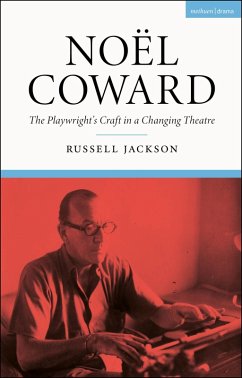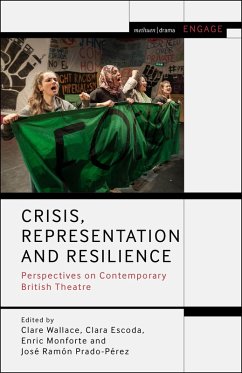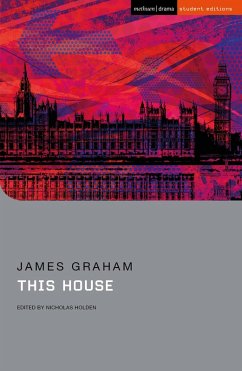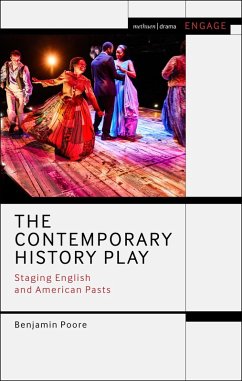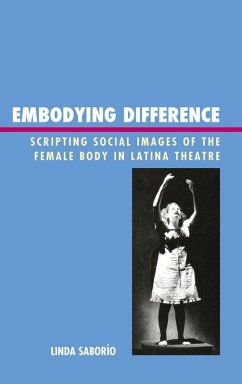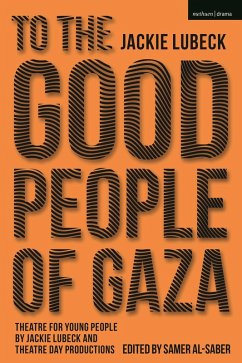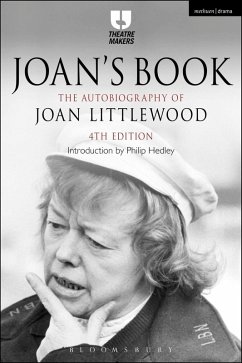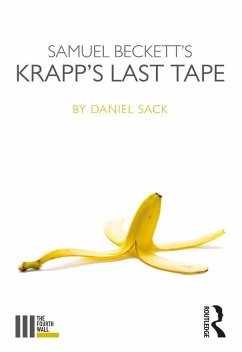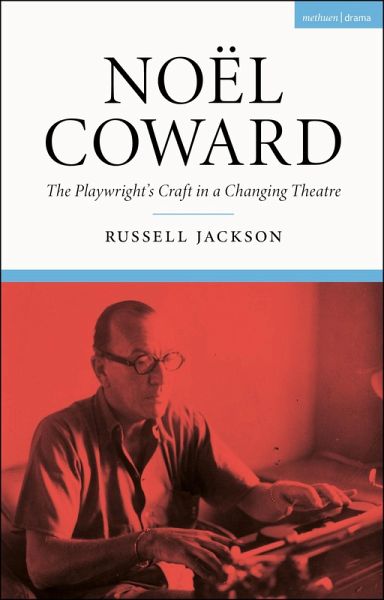
Noël Coward (eBook, PDF)
The Playwright's Craft in a Changing Theatre

PAYBACK Punkte
12 °P sammeln!
This is the first book-length work to draw extensively on unpublished archive material to document the composition and reception of some of Noël Coward's most significant plays. It examines his working practices as a playwright, from manuscript to performance. This study argues that, while he did not embrace any of the more radical theatrical 'isms' of his time, Coward experimented with both form and content. He adapted the familiar 'well-made' formulas, while also emphasizing theatrical self-consciousness and an exploration of radical social and sexual relationships. After an overview of Cow...
This is the first book-length work to draw extensively on unpublished archive material to document the composition and reception of some of Noël Coward's most significant plays. It examines his working practices as a playwright, from manuscript to performance. This study argues that, while he did not embrace any of the more radical theatrical 'isms' of his time, Coward experimented with both form and content. He adapted the familiar 'well-made' formulas, while also emphasizing theatrical self-consciousness and an exploration of radical social and sexual relationships.
After an overview of Coward's career and the reception of his plays, the work discusses selected texts from successive phases of Coward's career, including some unproduced or uncompleted work and perennially popular plays such as The Vortex, Hay Fever, Private Lives, Design for Living, Blithe Spirit and Present Laughter. This study also explores how, in the aftermaths of two world wars, as major changes in social and political circumstances suggested new approaches to dramaturgy, Coward's post-1945 work failed to achieve the same success he had enjoyed in earlier periods. The final chapter examines Coward's approach to his craft in response to the new theatrical and cultural environment, and the new freedom in the treatment of homosexuality represented by Suite in Three Keys and his final, uncompleted play, Age Cannot Wither.
After an overview of Coward's career and the reception of his plays, the work discusses selected texts from successive phases of Coward's career, including some unproduced or uncompleted work and perennially popular plays such as The Vortex, Hay Fever, Private Lives, Design for Living, Blithe Spirit and Present Laughter. This study also explores how, in the aftermaths of two world wars, as major changes in social and political circumstances suggested new approaches to dramaturgy, Coward's post-1945 work failed to achieve the same success he had enjoyed in earlier periods. The final chapter examines Coward's approach to his craft in response to the new theatrical and cultural environment, and the new freedom in the treatment of homosexuality represented by Suite in Three Keys and his final, uncompleted play, Age Cannot Wither.



